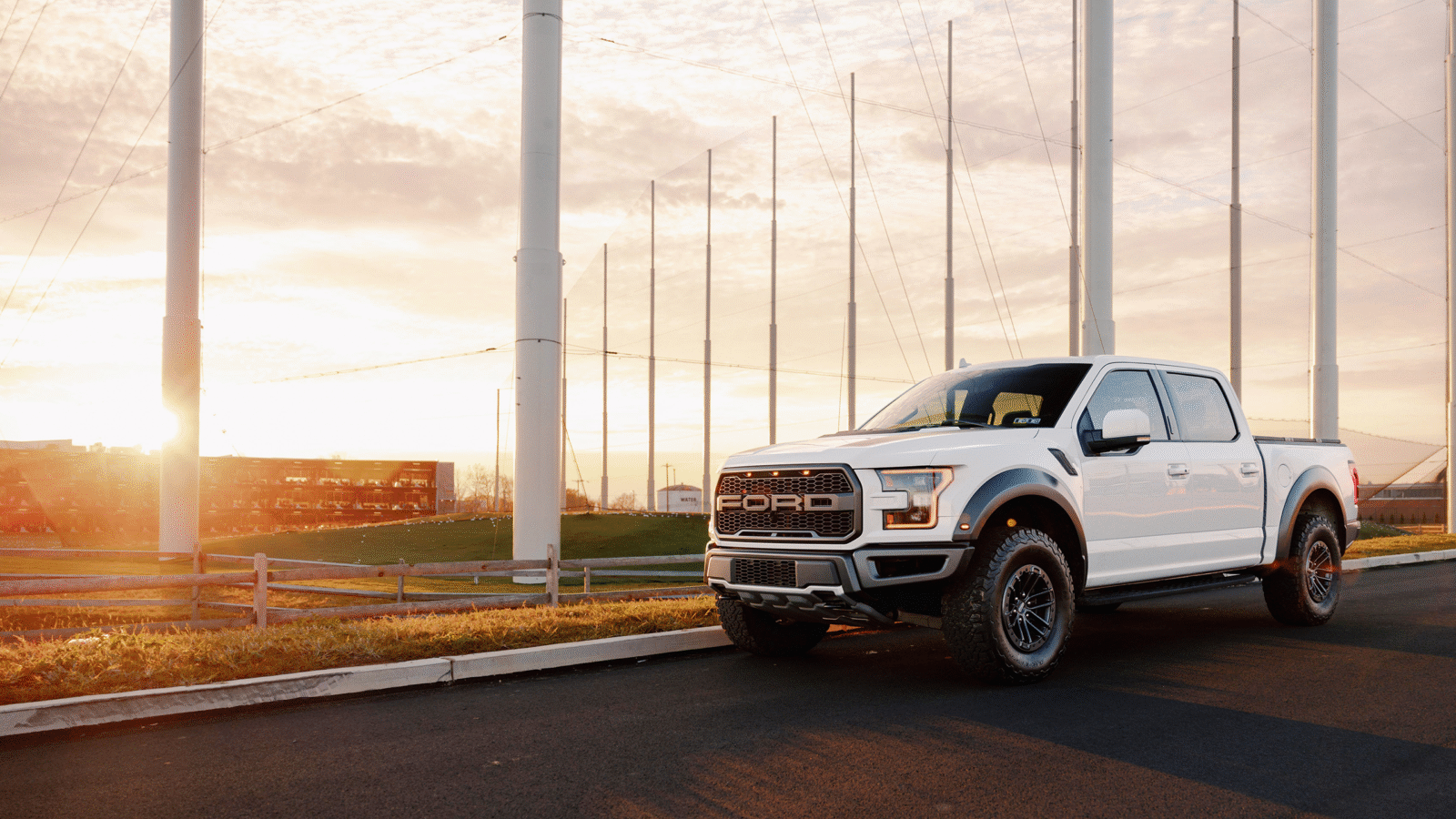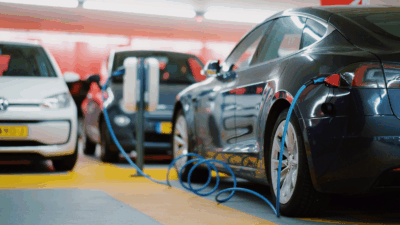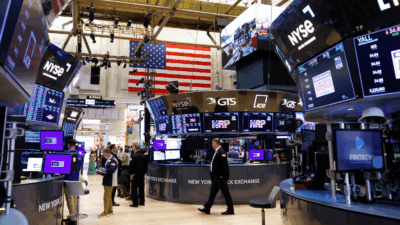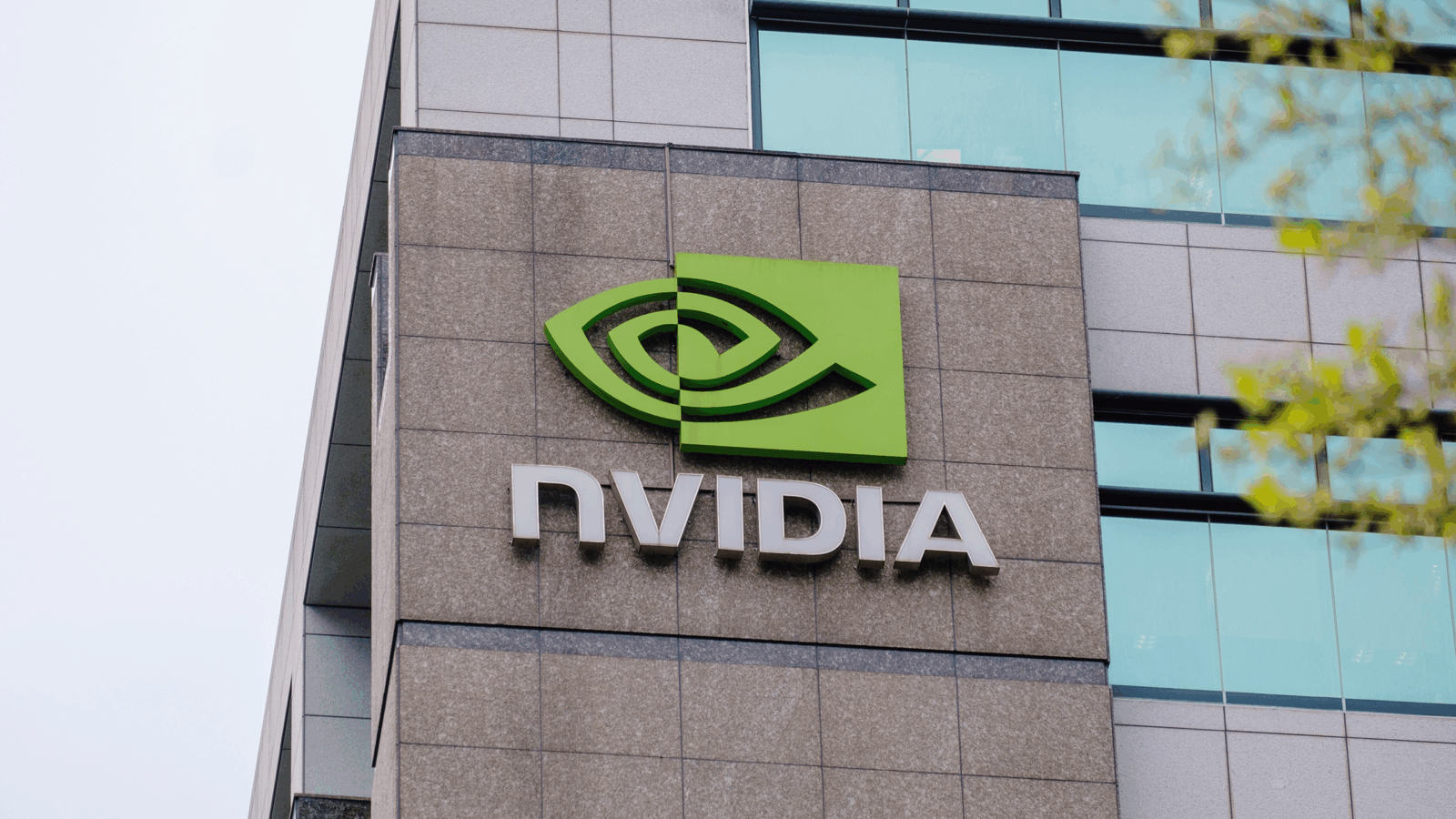Biden Reportedly Planning a 100% Tariff on Chinese EVs
But the ramped-up protectionist wave hasn’t extended to investor interest in new shares of Chinese companies.
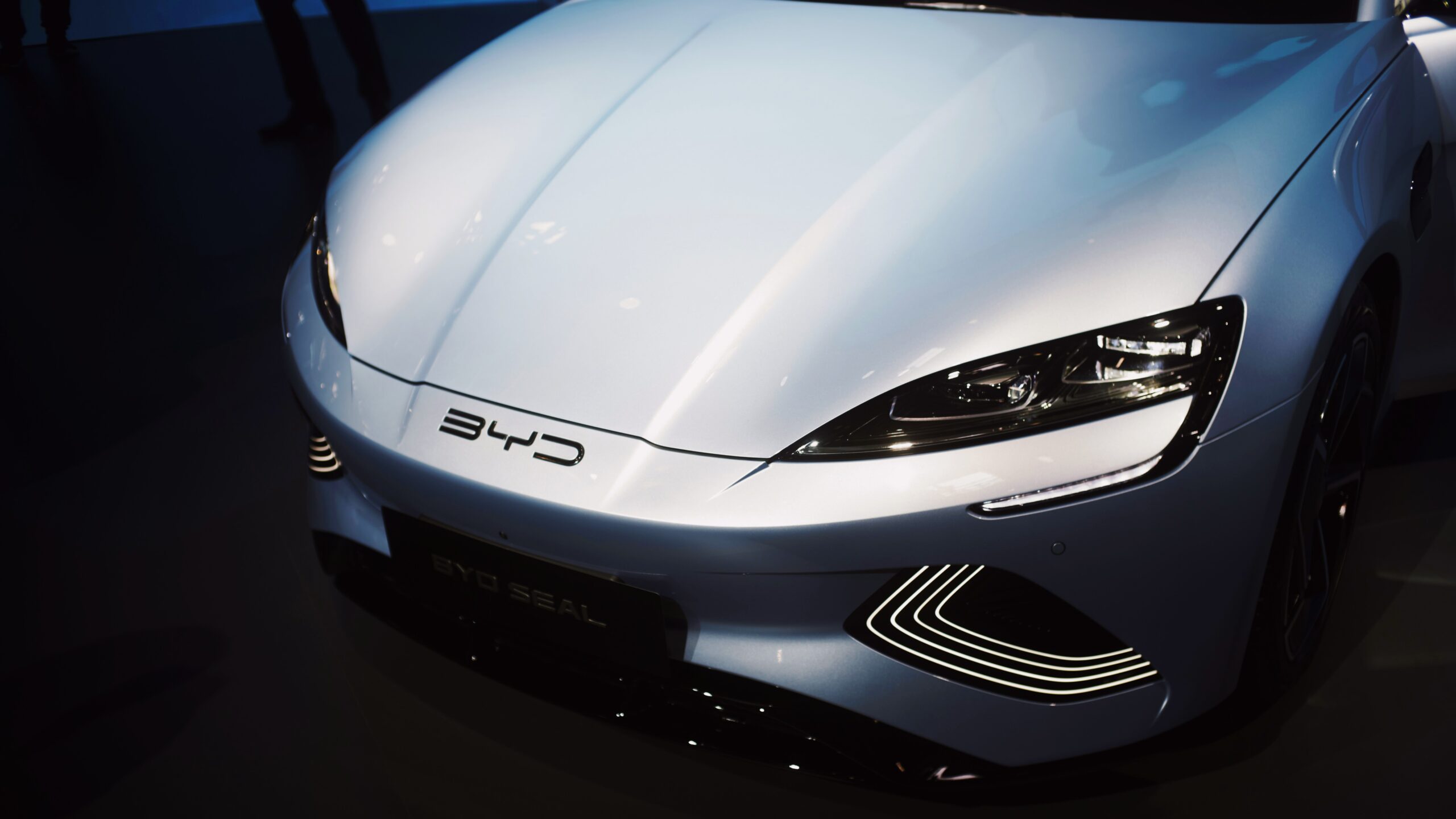
Sign up for smart news, insights, and analysis on the biggest financial stories of the day.
In the latest chapter of the battle for America’s auto industry (and let’s be honest, the Oval Office), the Biden administration is expected to announce higher tariffs on Chinese-made electric vehicles this week, quadrupling the duty to roughly 100%. But even at double the price, they’d still be cheaper by far than the least expensive American EV.
One for You, 100 for Me
The potential move comes as automakers in the US and around the world struggle to sell EVs. Ford’s EV unit said losses soared to $1.3 billion in the first quarter, meaning it lost $132,000 on each of the 10,000 vehicles it sold. Overall EV sales in the US in Q1 rose 2.6% year over year, but fell 15.2% compared to Q4 ‘23, according to Cox Automotive.
China-based BYD, on the other hand, is gaining a rep as a “Tesla killer,” reportedly selling more than 3 million vehicles (mostly in its home country) in 2023, a roughly 62% jump from the previous year. Considering that a “cheap” US-made Chevrolet Bolt costs around $27,000, and BYD offers an EV for less than $10,000, that can start to rankle automakers and a commander-in-chief who wants to be known for industrial supremacy:
- Chinese EVs are already nonexistent in the US, not because of outright bans but because of burdensome tariffs. Chinese EVs face a 25% tariff — plus a 2.5% tax on all cars imported into the US — but on Tuesday, the Biden administration will boost that tariff to roughly 100%, sources told The Wall Street Journal.
- Biden’s hard stance on China is one of the few things he has in common with his expected election opponent, former President Donald Trump, who said if re-elected he would impose tariffs of 60% or more on all Chinese imports. Biden also set aside hundreds of billions of dollars for clean energy projects and green tech via the Inflation Reduction Act, so there’s an incentive to show he has the back of US industry.
While a 100% tariff sounds like it would keep out any foreign rival, it’s addressing only part of the problem. Carlos Tavares, CEO of Stellantis — which is based in the Netherlands but owns American brands like Chrysler and Dodge — told the WSJ that companies still need to look inward and drive down their own cost if they’re ever going to compete with China.
IPOs? They’re Fine: Interestingly, this ramped-up protectionist wave hasn’t extended to new shares of Chinese companies. EV maker Zeekr saw its shares leap by more than one-third last Friday after selling stock worth more than $441 million in its IPO, marking the biggest US listing by a Chinese company in almost three years. There’s nothing like “improved market conditions” to lift investors’ concerns above geopolitics. As the Financial Times noted, the Nasdaq’s Golden Dragon China Index, which tracks 69 US-listed Chinese companies, has jumped more than 20% from its January low. What’s more patriotic than letting US investors make a profit?
